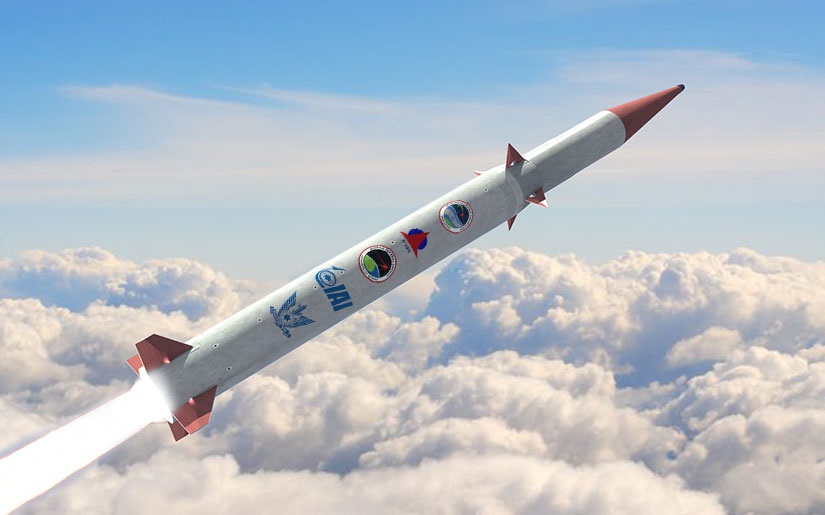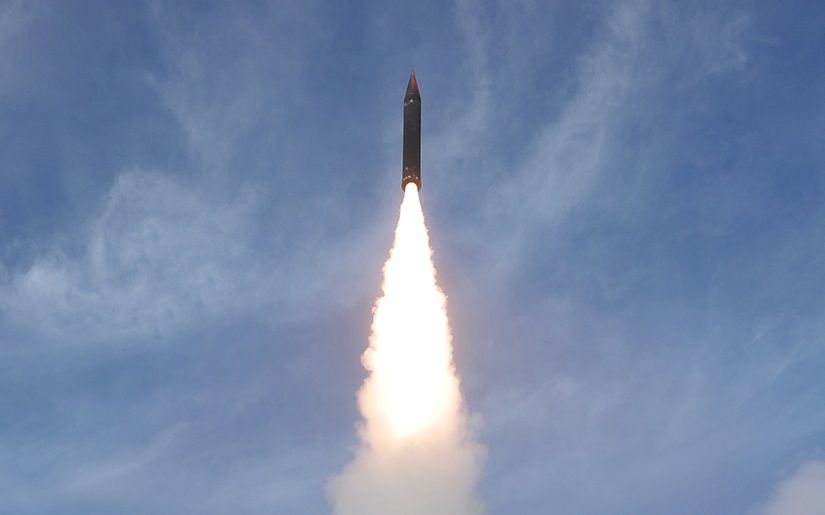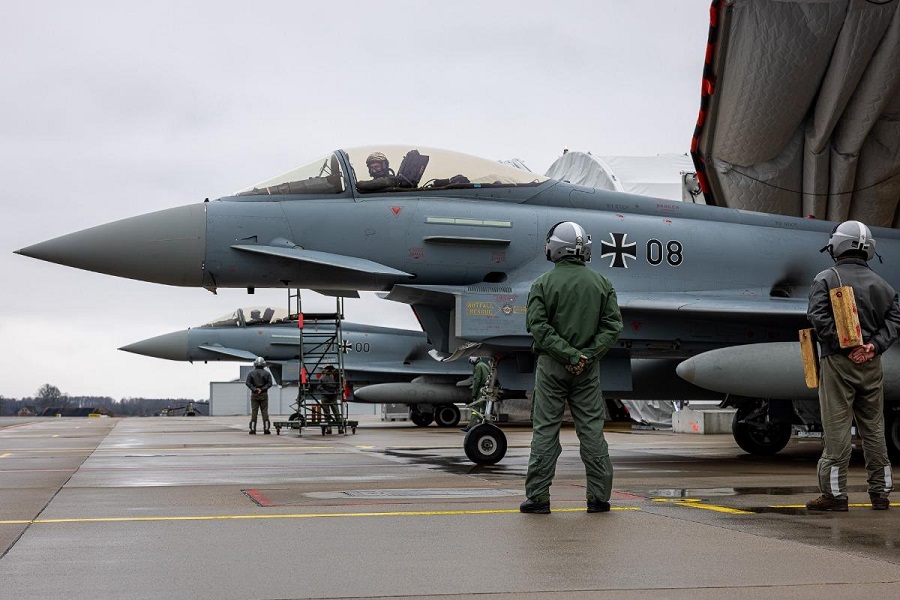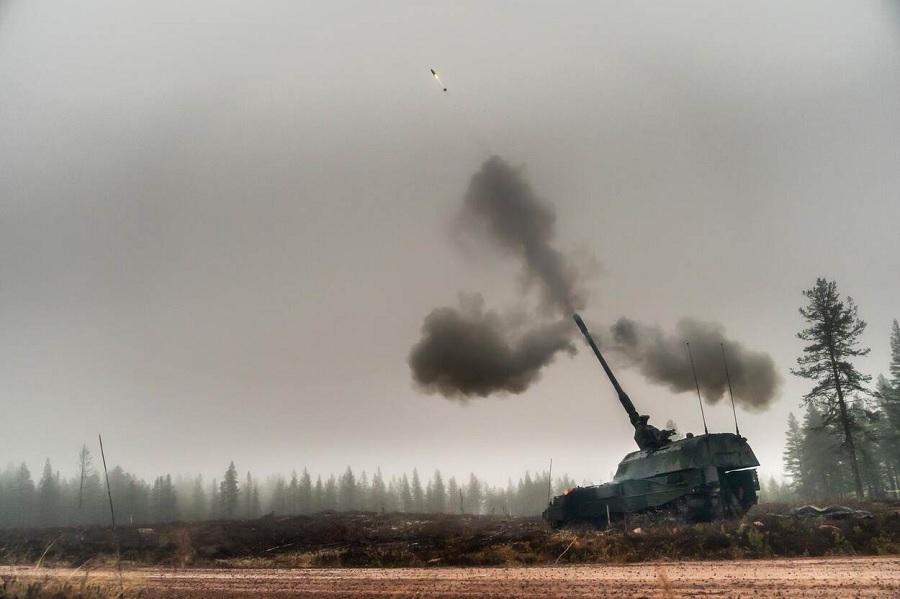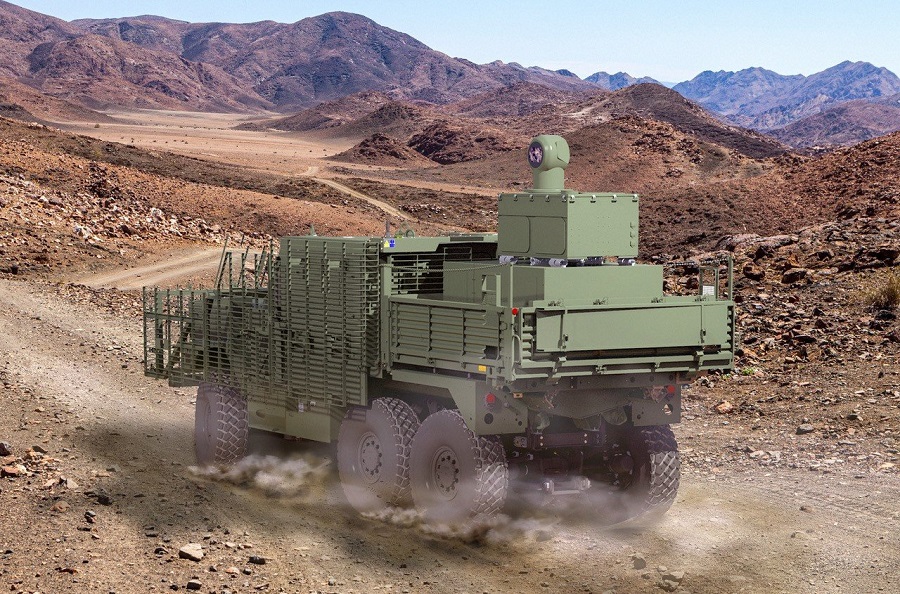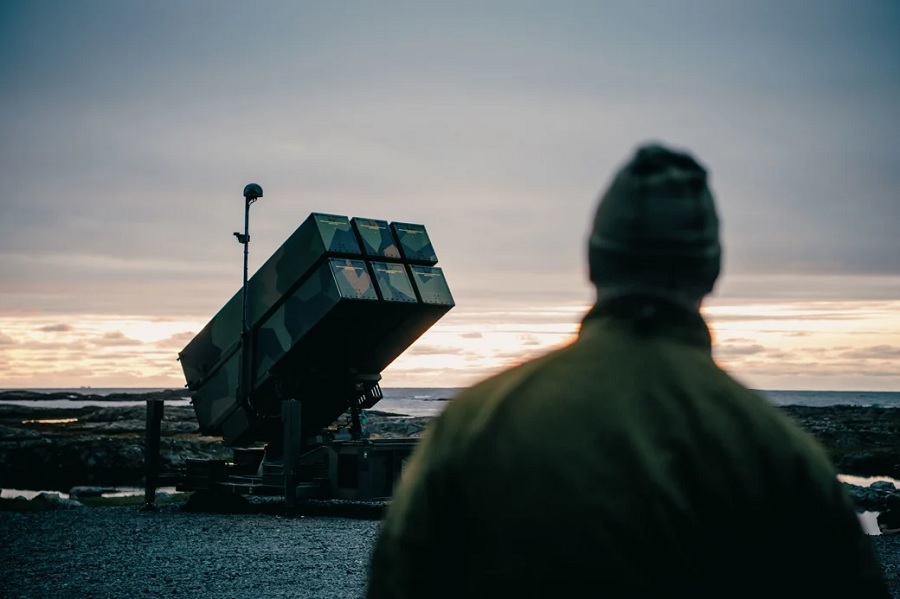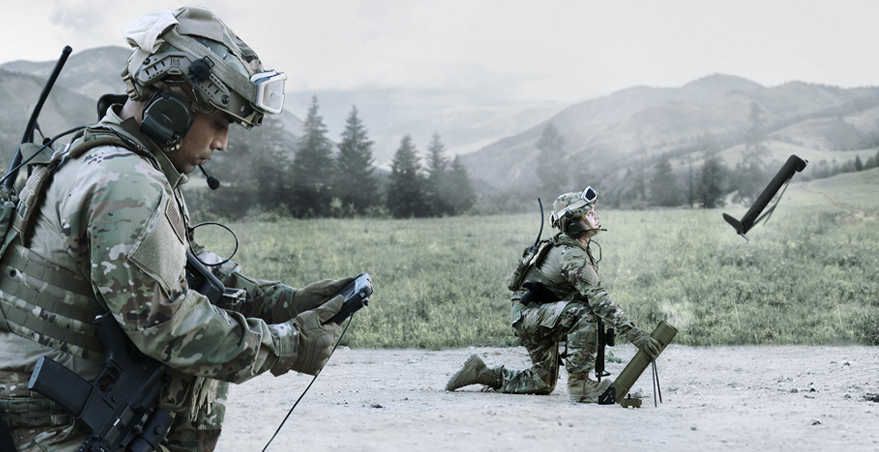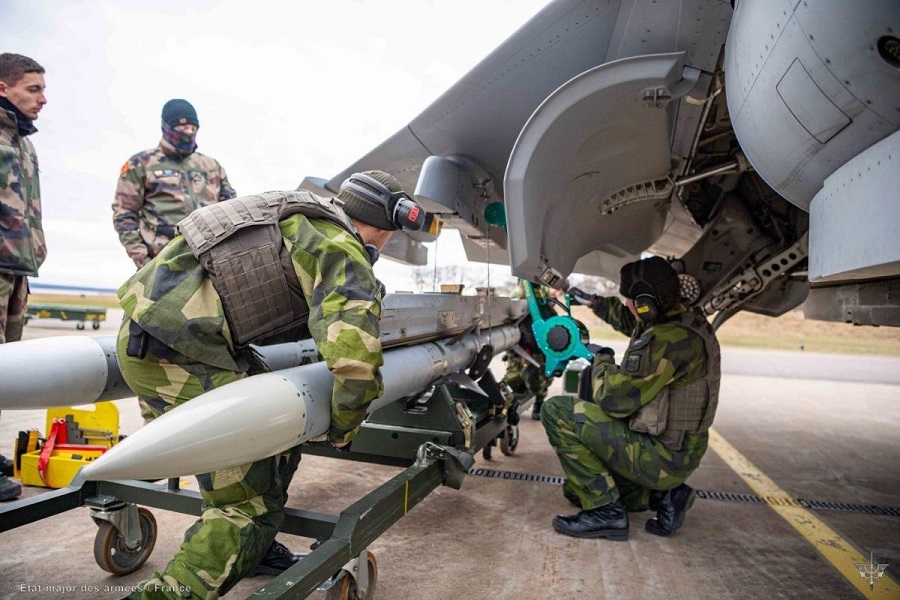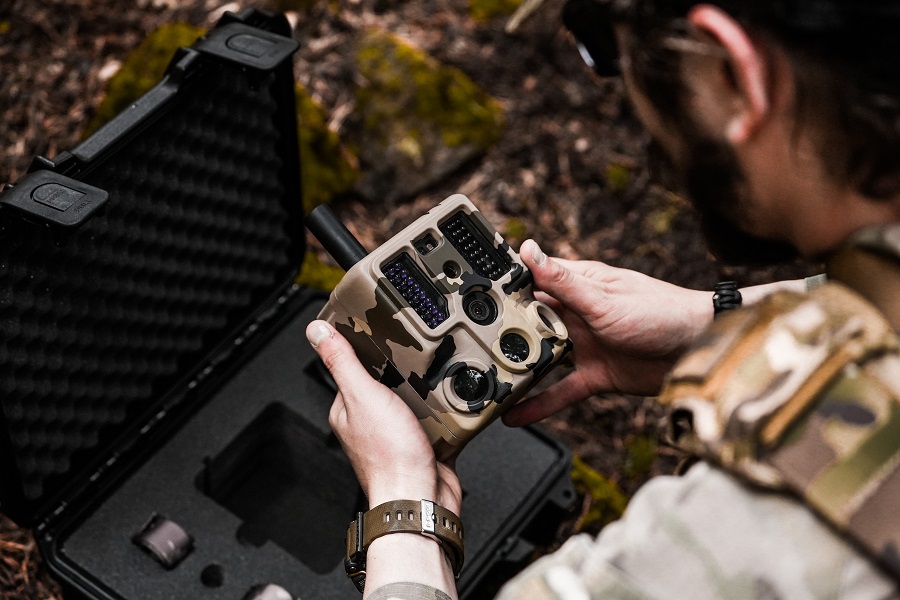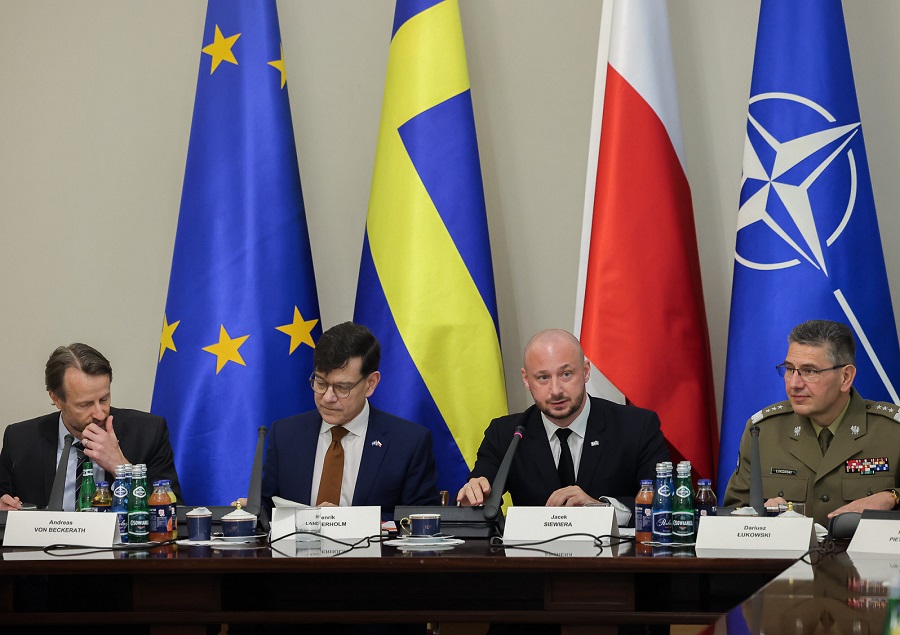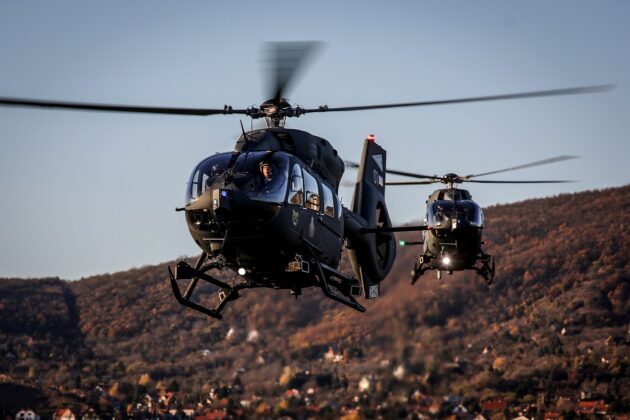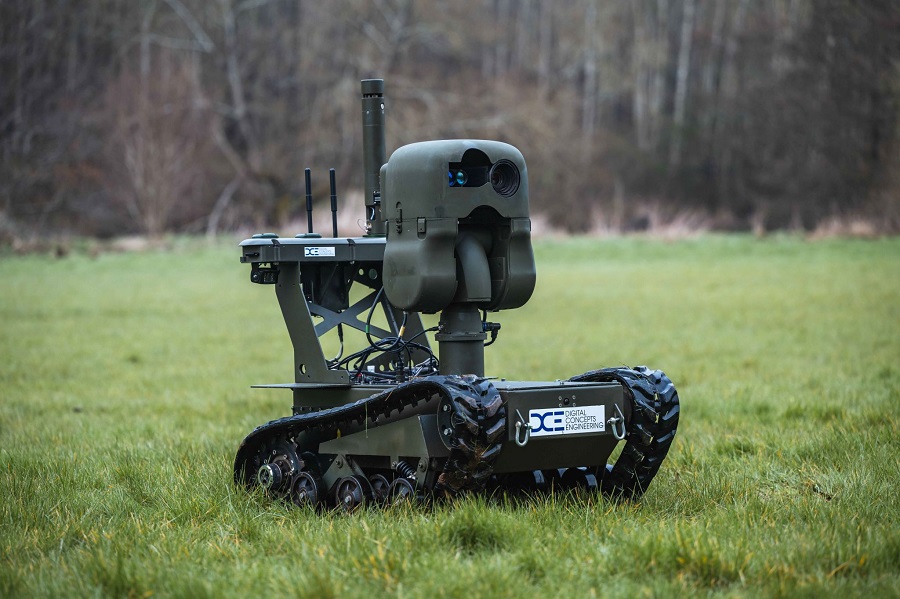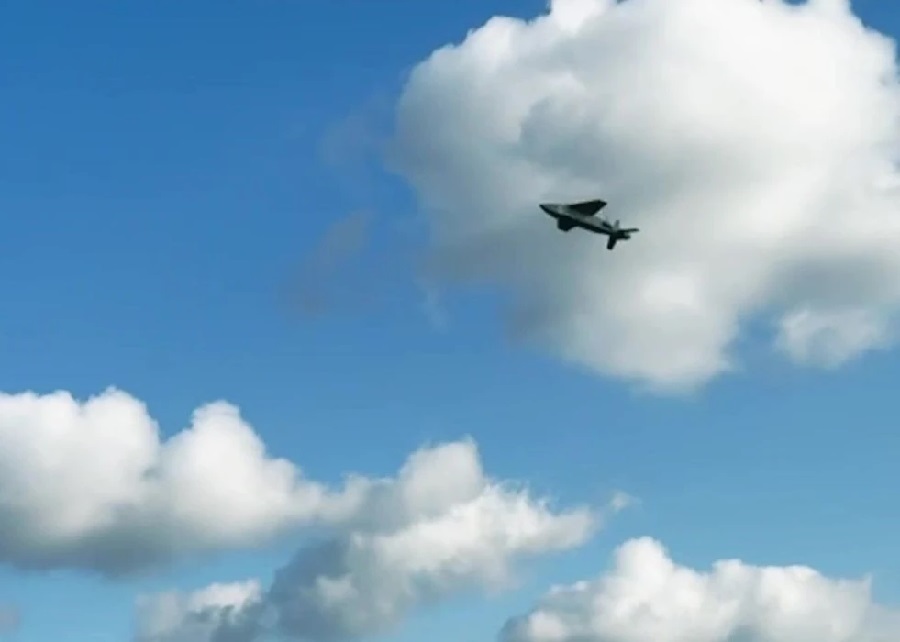The European Sky Shilled Initiative creates a huge potential market for companies that manufacture relevant systems. Germany is already negotiating the purchase of the Israeli Arrow- 3 ballistic missile interceptor but other European countries are showing interest in other Israel air defence systems and long-range early warning radars.
The Israeli ministry of defence will try to get indications of possible American reactions to some European queries already submitted by a number of European countries.
The US has invested approx. 1 billion USD in the development of the Arrow system and continues to allocate funds as part of the current ten-years FMF agreement with Israel.
Boeing is the subcontractor of Israel Aerospace Industries (IAI) for the production of the Arrow-3. Lockheed Martin will be the subcontractor for the Arrow-4.
The European Sky Shield Initiative, a project headed by Germany, to shield Europe from ballistic missiles, has been joined by Belgium, Bulgaria, the Czech Republic, Estonia, Germany, Hungary, Latvia, Lithuania, the Netherlands, Norway, Romania, Slovakia, Slovenia, and the United Kingdom were among the 14 NATO members who signed. Finland, a nation that is considering joining the alliance, also signed
NATO stated that the initiative’s goal is to develop a European air and missile defence system by having European countries buy their equipment jointly.
The initiative is another result of the war in Ukraine as Europe finds itself “naked” against aerial threats, mainly ballistic missiles.
Germany is already negotiating with Israel on a possible purchase of the Arrow-3 ballistic missiles interceptor.
But the new initiative opens a much wider potential market. This market on paper at this stage can include all the layers of the Israeli multi-tiered rock and missiles defence systems.
The lowest tier is Rafael’s Iron Dome which has intercepted thousands of short- and medium-range rockets launched in recent years from Gaza.
One layer above is the Rafael-Raytheon David Sling system designed to intercept longer-range rockets and cruise missiles.
The Arrow-2 and Arrow-3 , are the upper layers of a system that is designed to defend Israel from rockets and missiles.
According to a very senior defence industry source, the European initiative creates a big potential for the Israeli systems, but ” the way to contracts will be very, very complicated.”
He explained that while the Israeli industry sold long-range radars capable of detecting ballistic missiles to some European countries, not even one sale of the Arrow version was performed. This is in spite of the fact that the Arrow-2 became operational in 2000.
“The Arrow-3 has one big advantage as 3 batteries are capable of protecting a very big area. This is in addition to the relatively low price if compared for example to this of the THAAD interceptor.”
Uzi Rubin, former head of the Israel missile defence directorate in the Ministry of Defence said that it will be very hard to convince the partner countries in the new alliance to buy similar weapons.
“Some European countries like France have ballistic missile defence systems under development, others don’t have these even on paper. The best thing for Israel will be to sign the deal to sell the Arrow-3 to Germany. After this is accomplished, it will be easier to convince other alliance members to evaluate the system”
Rubin added that American companies that have developed systems to intercept ballistic missiles will put heavy pressure of Washington to use its influence to make the European countries buy American-made systems.
Another Israeli expert said that in the new European initiative there are different operational needs.
“It is not that all the participating countries will go for the same systems. And even after they decide that combined purchases of some countries together is not realistic. The Israeli companies will have to work hard, to persuade the Europeans to buy their systems. This is in spite of the fact that most of them are combat proven and upgraded based on this combat.”
The expert added that one system, the Israeli long-range missile detection radars made by Elta, the electronics subsidiary of Israel Aerospace Industries (IAI), are already in great demand in Europe as it is designed to detect ballistic missiles and used as part of the Arrow system.



